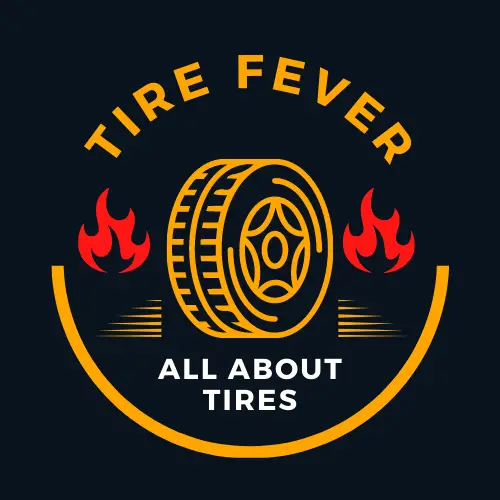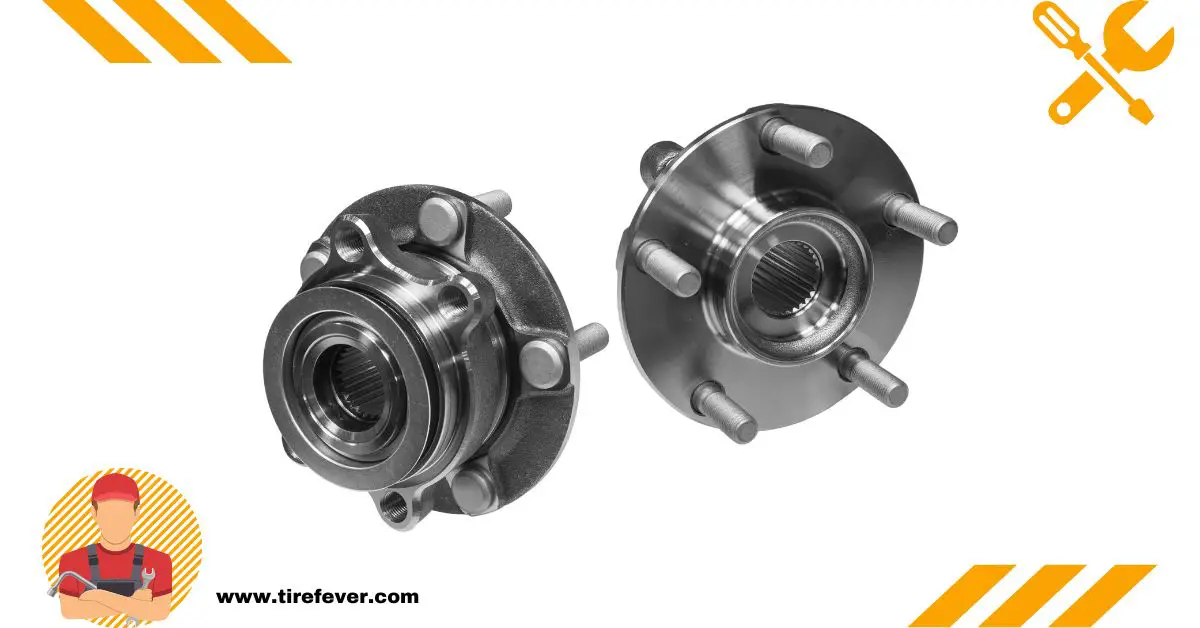Are you planning to install new wheel bearings on your car and you are wondering whether they need to be broken in?
If yes, then you have come to the right place.
A wheel bearing is a set of balls or tapers held together by a metal ring. They are a crucial part of the wheel assembly that connects that wheel and the axle.
Wheel bearings enable the wheel to rotate smoothly with minimum friction. When damaged, they may cause the wheel to stop while driving thus putting your safety and that of other motorists at risk.
More so, a damaged wheel bearing usually puts a lot of stress on the CV joint, the hub, and the transmission. That is why it is important to replace a bad wheel bearing on time.
Some mechanics usually recommended that you should break in a new wheel bearing to polish the raceways and extend the bearing maintenance cycle.
But, do new wheel bearings need to be broken in? Continue reading to find out.
Do New Wheel Bearings Need to Break In?
YES, a new wheel bearing needs to break in. Wheel bearing break-in refers to the period of adjustment between the bearings and the surface that they rub.
This procedure helps to give the bearings time to adjust and operate evenly after installation. It ensures that the bearings are not put under excess stress early on during operation.
Breaking in a new wheel bearing helps to ensure that they are well-conditioned. The break-in period gives the wheel bearing crucial time to adjust for optimal performance and longevity.
It allows the bearings to be well lubricated to minimize friction during operation. It also allows the bearing to sit correctly thus preventing uneven wear.
A proper wheel bearing break-in will:
- Reduce the overall operating temperature for a long period
- Increase reliability and consistency in the bearing system
- Increase bearing maintenance cycles
- Polish the raceways for smooth operation regardless of the type of lubrication used
- Ensure that the lubrication system is working properly
How Long Does it Take to Break in Bearings?
There is no set amount of time that wheel bearings take to break in. This is because many factors determine how long it takes for bearings to break in.
Some of these factors include; driving conditions, type of bearing, lube application, car model, how much time you spend behind the wheels, and much more.
Some wheel bearings may take a shorter period to break in (a few hours) while others take long (more than a week) before they break in.
But on average, it takes about 3 days for wheel bearings to break in. If you want your wheel bearings to break in within a short period of time, ensure that you lubricate them well.
Proper placement of lubrication will reduce excessive friction and resistance. It will also ensure that the bearings sit in the right place and spin them fast and for a longer period thus reducing the break-in time.
What Happens if You Don’t Break in New Wheel Bearings?
Proper break-in of wheel bearings helps to prevent premature wear.
So, if you don’t break in the new wheel bearings, they will wear out fast, meaning they will not last for long.
And, because new wheel bearings are not well conditioned, they will put a lot of stress on the CV joint, the hub, and the transmission.
Other issues that can occur when you don’t break in new wheel bearings include ABS and braking issues, seal leakage, and wheel wobbling.
Do You Need to Lube New Bearings?
YES, you need to lube new bearings. Lube not only helps the wheels to spin easily but also protects the bearings from water and other road contaminants.
As pointed out earlier, wheel bearings are a very important safety feature in your car. If they are not well lubricated, they will wear out quickly and over time fail to perform their job properly.
Wheel bearing lubrication is vital in preserving their lifespan and performance.
A suitable lube should be applied on the wheel bearings, the housing, and the wheel end inside the surface where the bearings sit. This will help to prevent wear and tear, friction, and corrosion.
Most wheel bearings are usually lubricated from the factory.
However, you should inspect them again before installing them and lube them again if you spot any sign of contamination like water or dust.
Proper lubrication will also help the bearings to sit properly on the raceway for smooth operation.
Conclusion
Do new wheel bearings need to be broken in? YES, they need to be broken in.
This crucial process will not only help to enhance their performance and longevity but will also promote your safety.
Wheel bearing break-in is a crucial procedure that should be done to give the bearing much-needed time to adjust and perform efficiently thereafter.
This post contains affiliate links. Read the full disclosure here.


I am passionate about all things automotive and have a deep understanding of the topic. As a mechanic, I use my free time to share knowledge of everyday challenges that any car owner can experience – helping you make informed decisions about tires.

